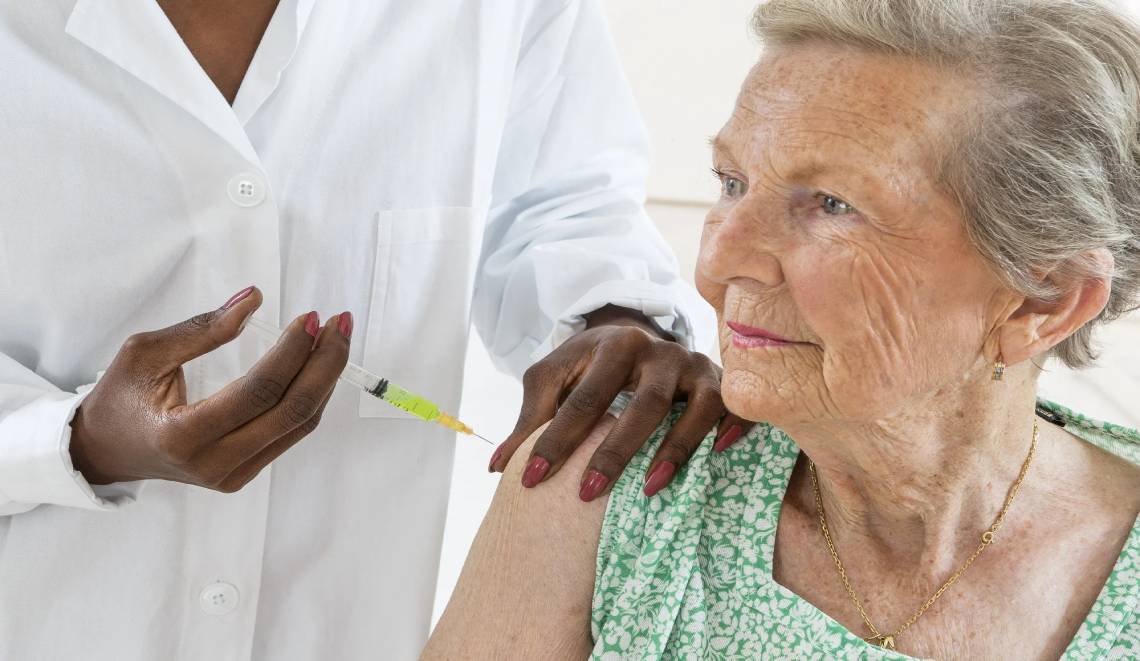

Vaccines have played a major role in saving lives and protecting communities. One of the most important vaccines is the pneumococcal vaccination, which helps prevent dangerous diseases like pneumonia, meningitis, and sepsis. These diseases, caused by a type of bacteria called Streptococcus pneumoniae, can be life-threatening, especially for young children, the elderly, and people with weakened immune systems. These real-life stories clearly explain to us how the vaccine can make a major difference in people’s lives.
Sara, a mother from Chicago, thought vaccines were important but didn’t realize how dangerous pneumonia could be. That changed when her five-year-old son, Sam, suddenly became very sick. He had a high fever and was struggling to breathe, so Sara rushed him to the hospital. Doctors diagnosed he had bacterial pneumonia, caused by the pneumococcal bacteria.
Sam stayed in the hospital for five days and needed strong medicine to recover. After this scary experience, Sara made sure her whole family got the pneumococcal vaccine. "I didn’t think pneumonia could hit us like this," Sara said. "Now I’m thankful for the vaccine. If it can stop another child from going through what Sam did, it’s worth it."
Sara’s story shows how serious pneumonia can be, especially for children. Without the vaccine, Sam’s condition could have been much worse, even putting his life at risk.
For people like Mr. Johnson, the pneumococcal vaccine is a lifesaver. At 72, he thought he was in good health. But when he developed a cough that wouldn’t go away, it quickly turned into something serious. He was taken to the hospital, where doctors found out he had pneumococcal pneumonia.
Thankfully, Mr. Johnson had received the vaccine a year earlier. Because of this, his illness wasn’t as bad as it could have been. He only needed a short hospital stay and some antibiotics. "My doctor told me that without the vaccine, things could have been a lot worse," Mr. Johnson said. "I didn’t know how dangerous pneumonia could be at my age."
Older adults are at a higher risk of serious complications from pneumococcal infections. Mr. Johnson’s experience highlights how the vaccine can prevent severe illness, hospitalizations, and even save lives.
For people with weak immune systems, like Emily, the risk of serious infections is much higher. Emily, a 30-year-old from New York, has been living with an autoimmune disease for years. Her condition made her more likely to catch infections, so her doctor ensured she gets the pneumococcal vaccine.
Emily didn’t think twice. "I knew I was at risk, but I didn’t really think about pneumonia until my doctor explained it," she said. "I’ve been in the hospital enough to know prevention is always better."
A year later, Emily got a cold that could have easily turned into something much worse. But due to the vaccine, her illness stayed mild. "I’m so glad I got vaccinated," she shared. "It gives me a sense of security."
The pneumococcal vaccine doesn’t just protect individuals; it helps keep entire communities safe. When more people are vaccinated, it becomes harder for the bacteria to spread, which also protects those who can’t get vaccinated because of allergies or medical issues. This is called herd immunity, and it’s key to stopping outbreaks.
In many places, widespread use of the pneumococcal vaccine has led to fewer cases of pneumonia and other serious infections. In short, vaccinated people help prevent the spread of the bacteria, which means fewer hospitalizations and deaths.
The stories of Sara, Mr. Johnson, and Emily are just a few examples of how the pneumococcal vaccine saves lives. Whether you’re protecting children, older adults, or those with weak immune systems, the vaccine is a powerful tool to prevent illness.
Pneumococcal infections may not seem like a big threat until you or a loved one is affected. Getting the pneumococcal vaccine is a small, simple step, but it can make a huge difference. It can stop serious diseases, lower hospital visits, and save lives.
Don't wait until it’s too late - get vaccinated today and protect yourself and those around you from these dangerous infections.